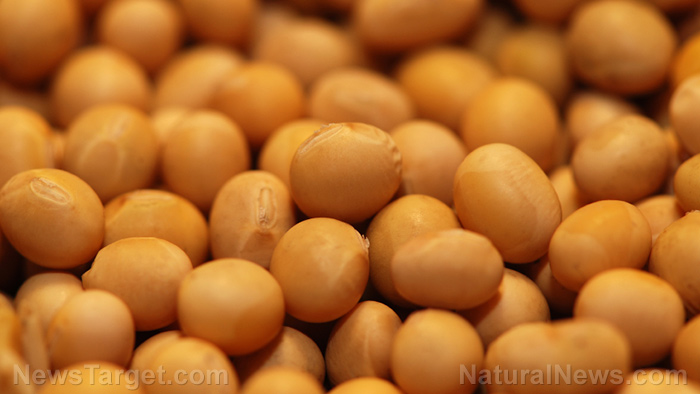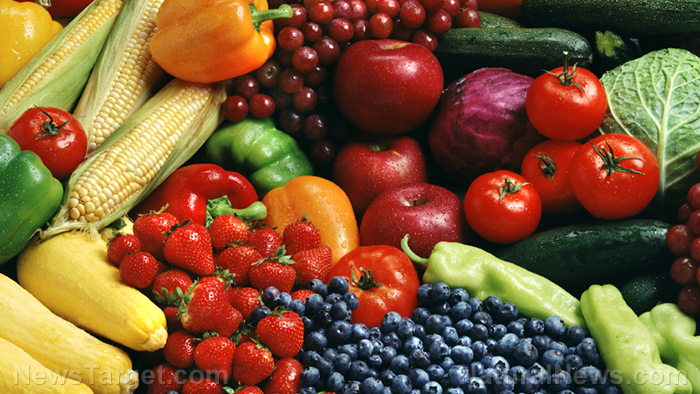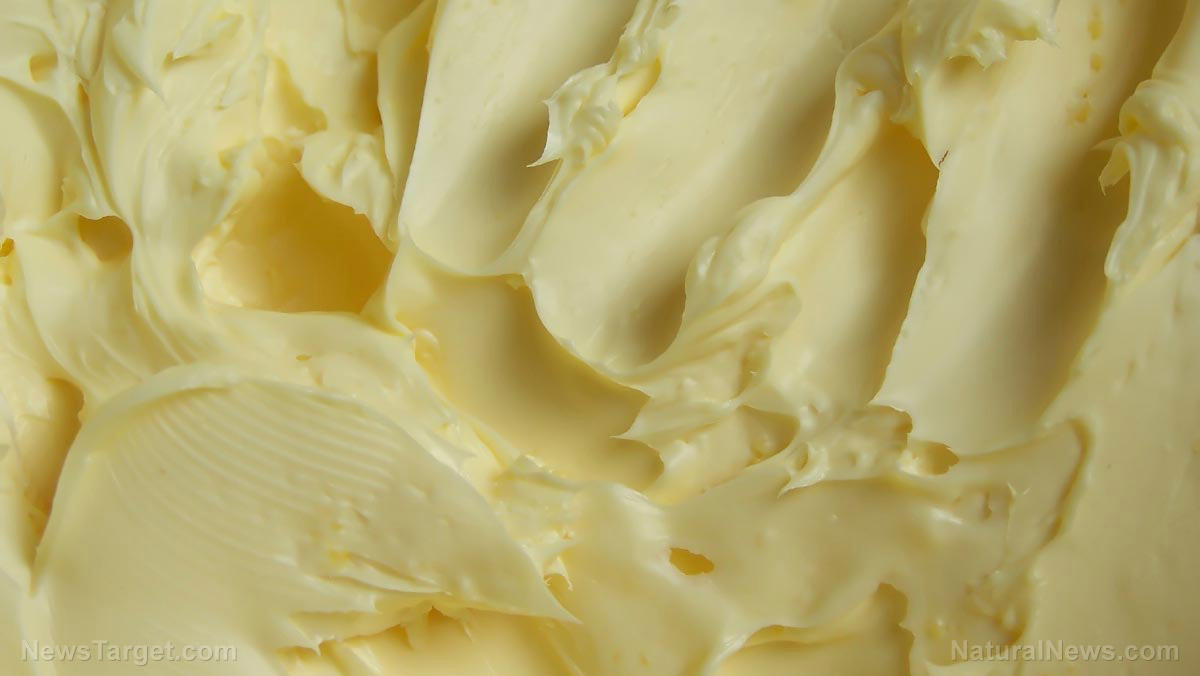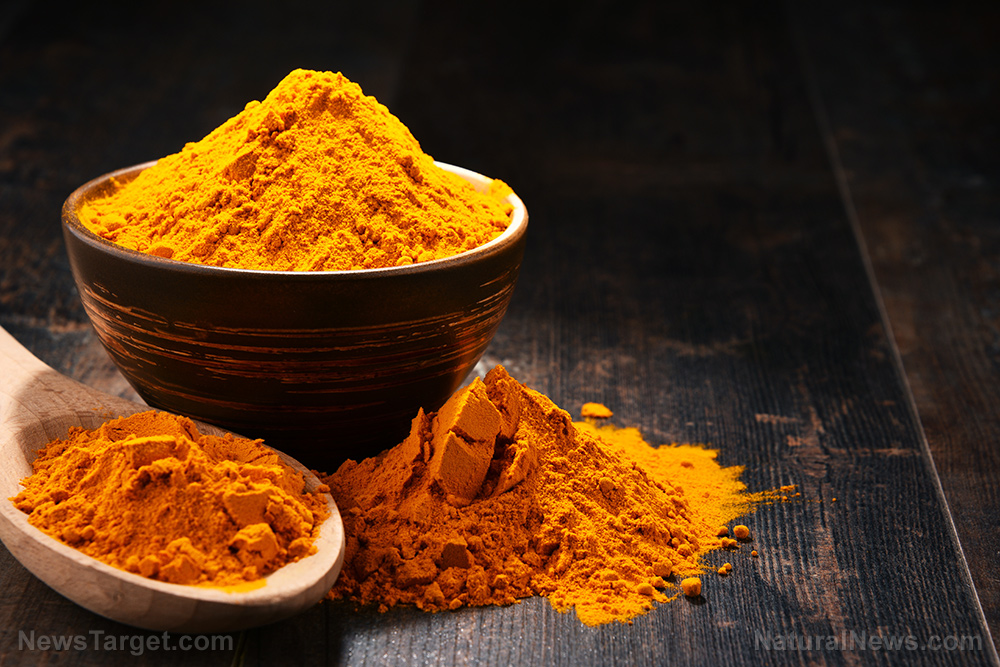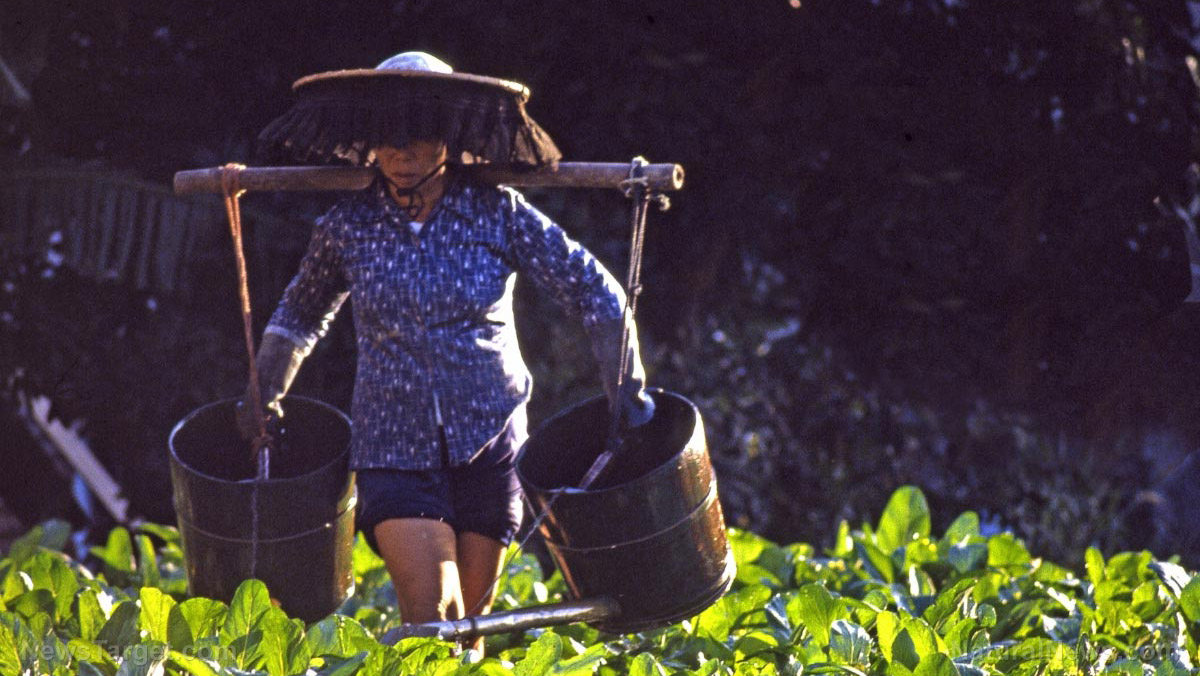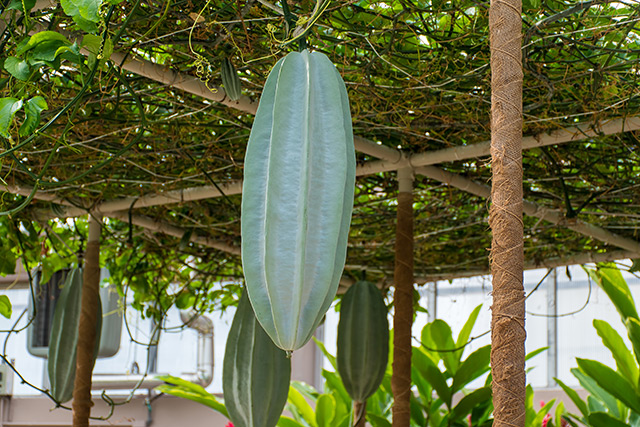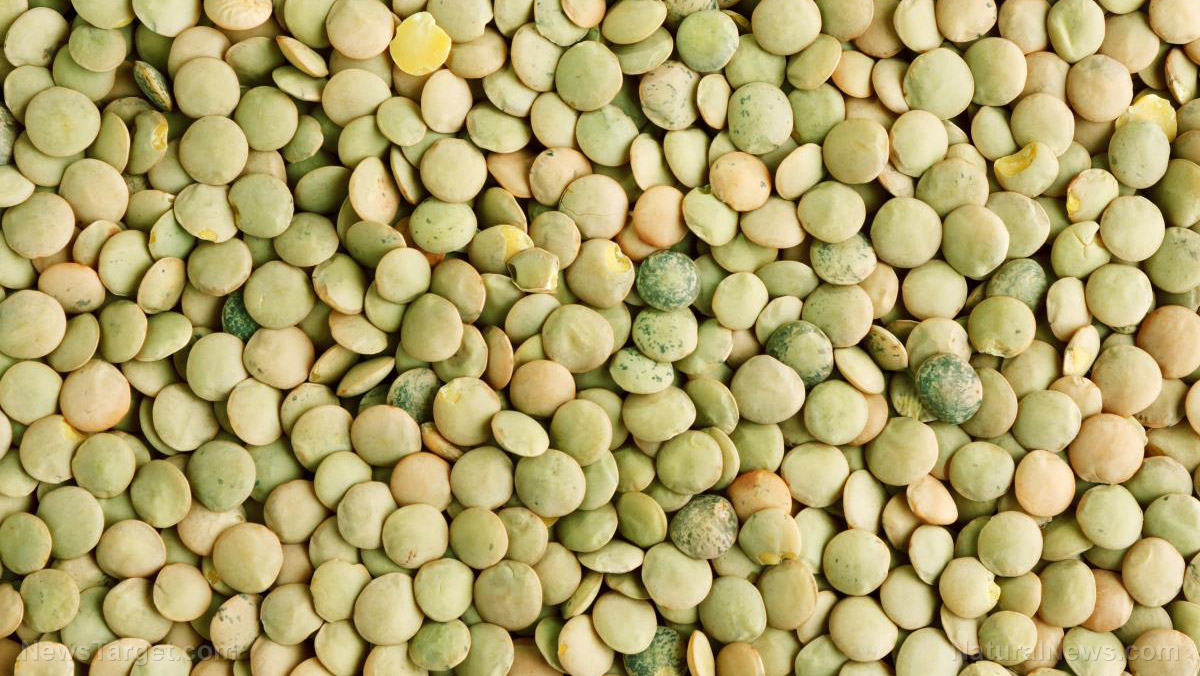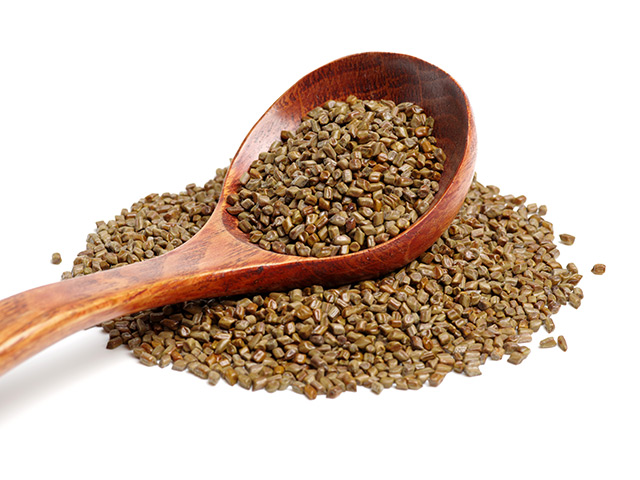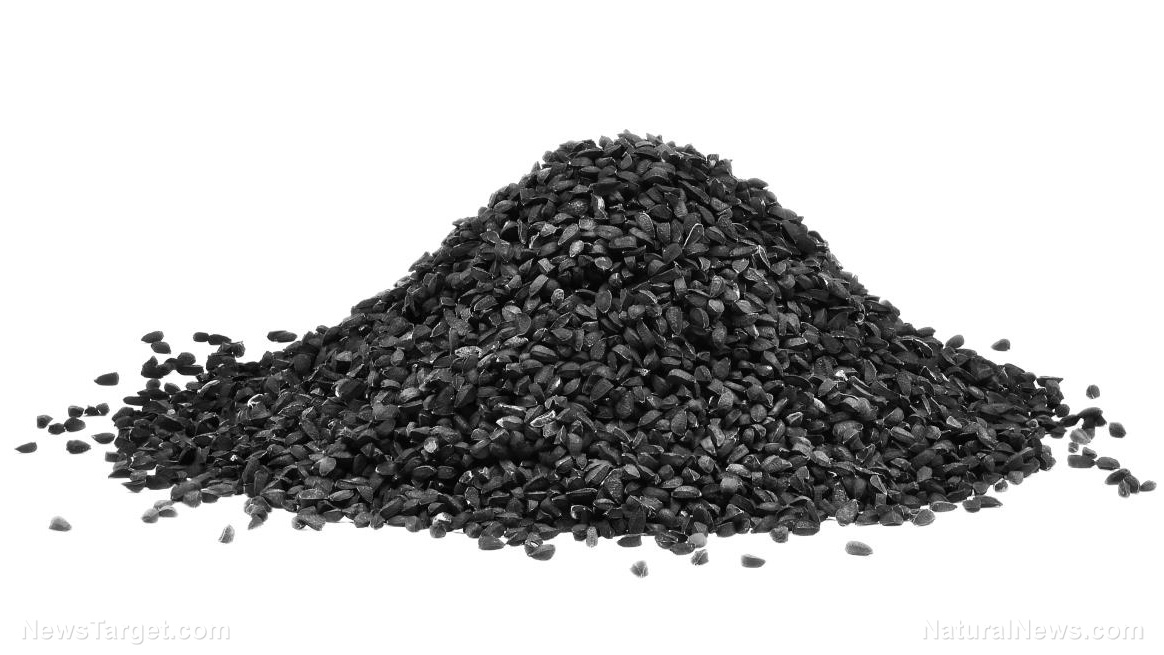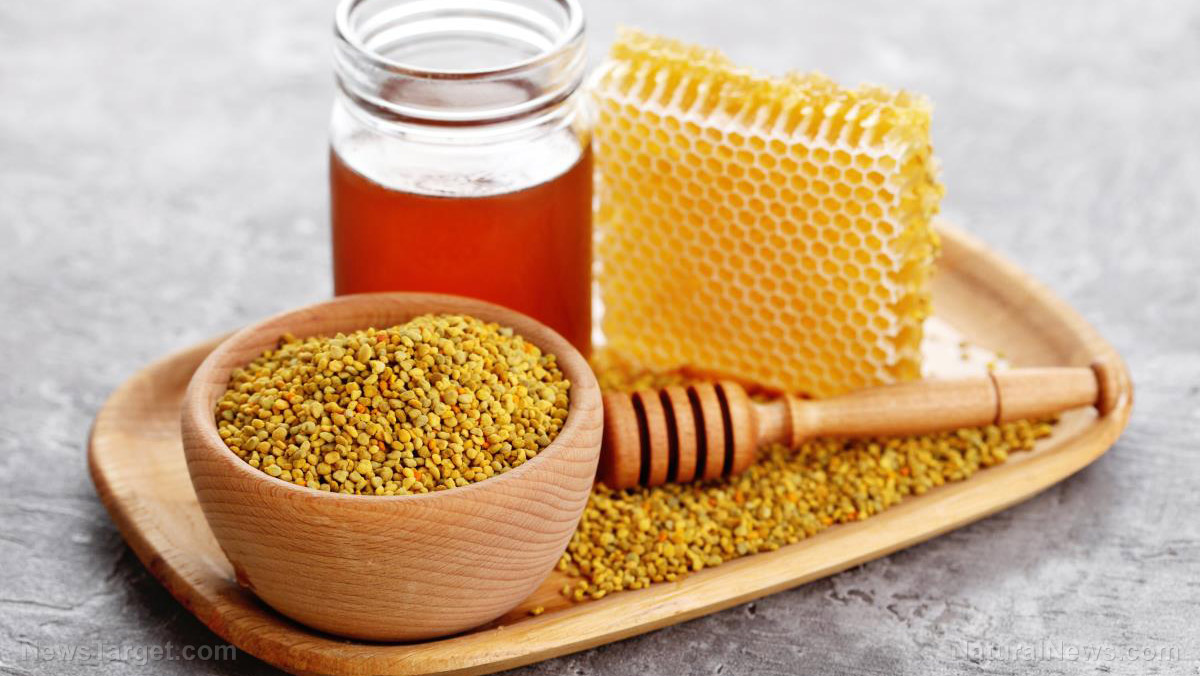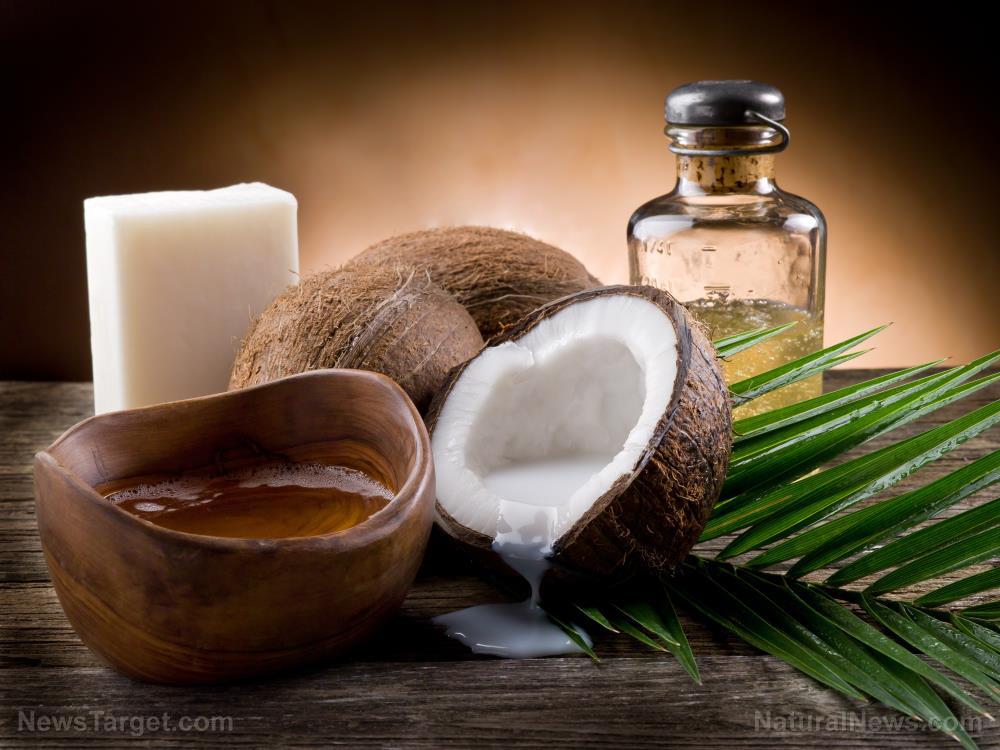Sweet drinks found to alter DNA expression in children, making them more vulnerable to disease
12/26/2017 / By Zoey Sky
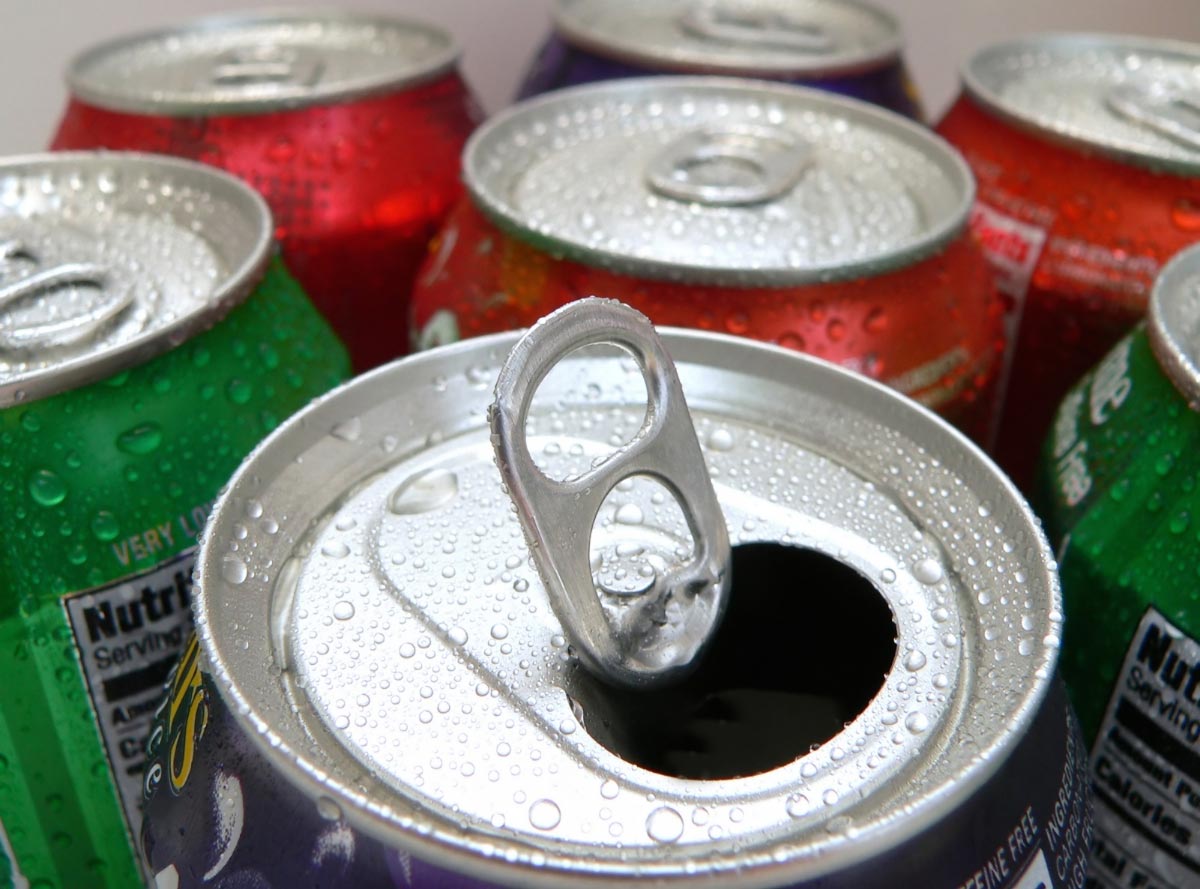
Sugary drinks aren’t just bad for your teeth. According to a recent study, children aged two to three years old who consume sugar-sweetened beverages can have shorter telomeres.
The study by researchers from the University of California San Francisco (UCSF) revealed that if this early-life exposure alters the length of telomeres, or “the protective end caps for DNA within cells’ chromosomes,” it could even affect risk for chronic illnesses as the children grow older.
Telomeres shrink as people age, and this change is often linked to some adult studies with metabolic and inflammatory diseases, such as heart disease, type 2 diabetes, liver cirrhosis, and ulcerative colitis. (Related: Soda consumption dramatically increases risk of stroke and vascular disease.)
Janet Wojcicki, Ph.D., associate professor at the UCSF Department of Pediatrics and the lead author of the study, explained that research has determined that the length of telomeres drastically “shortens fastest in the first years of life,” but it remains unknown if this is linked to chronic disease risks.
For the study, the scientists from UCSF checked telomere length in white blood cells from 61 Latino children who drank beverages like soda, sweetened juices and Kool-Aid. Telomere length was measured via a method called qPCR, “which compares the ratio of the abundance of telomeres versus the abundance of a single copy gene (t/s ratio).” This data indicates the average telomere length in a population of cells. Measurements were taken during infancy, and it was taken again during the preschool years of the children.
The researchers discovered that the value of the t/s ratio used to gauge telomere length averaged 1.58. Each monthly serving of a sugar-sweetened beverage was linked to a t/s ratio that was at least 0.009 less than the average, which implies “a correspondingly shorter telomere length.”
Wojcicki said that despite the “relatively low levels of sugared-beverage consumption, the study revealed that the frequency of the children’s consumption was connected to telomere length, which reflects the connection found in some studies of adults.”
At least 62 percent of the children in the current study started drinking sodas by age two to three, and the average number of servings was at least five to six servings per month.
One thing to note about the results of the study is the association of higher sugar-sweetened beverage consumption with telomere length that was greater among non-obese children. Wojcicki noted the possibility that obese young children have already “reached a threshold of damage from exposure to increased inflammation.” The researcher adds that it will be interesting to look into the unhealthy metabolic changes that happen before obesity develops.
In previous studies of Latino children, Wojcicki et al. determined that high levels of sugar-sweetened soda consumption at three years of age was connected to more rapid shortening of telomeres at ages four or five. Children with mothers who consumed fewer sugar-sweetened beverages while pregnant had longer telomeres, just like the children of mothers who breastfed.
Wojcicki concluded, “We really need a stronger push to understand how exposures during the mother’s pregnancy and immediately after birth impact health throughout life.”
Healthier alternatives to sugary drinks
If your kids love sugary drinks but you’re worried about their daily sugar intake, try making the healthier drink options listed below:
- Smoothies – Use unsweetened coconut or almond milk and blend it with a cup of berries or other frozen fruit.
- Homemade iced tea – Brew a batch of naturally sweet tea, like apple cinnamon tea, mint tea, or berry tea, and leave the tea bags in. Let the mixture chill in the fridge overnight.
- Carbonated water – This is a great alternative to soda. Add some lemon, lime, grapefruit, fresh berries, mint, or herbs for more flavor.
- Herbal tea – Even plain herbal tea has a naturally sweet flavor so you won’t need to add sugar. Try herbal teas like ginger, dandelion, hibiscus and rooibos.
You can read more articles about naturally sweet drinks and healthier food options at Fruits.news.
Sources include:
Tagged Under: children's health, corn syrup, DNA, fizzy drinks, food, health, liquid sweeteners, obesity, soda, soda pop, sweet drinks


